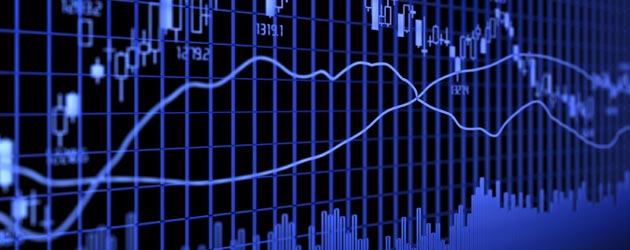 Jonar Nader discusses the differences between analogue and digital phones, and explains how the digital works offers greater flexibility, even though it has limitations.
Jonar Nader discusses the differences between analogue and digital phones, and explains how the digital works offers greater flexibility, even though it has limitations.
Below is a transcript of the audio file.
Host: The regular expert in these matters, Jonar Nader, from the Australian Information Technology Society, how are you Jonar?
Jonar Nader: Hi Kevin
Host: Somebody asked be about mobile phones and digital phones, and I was really caught out, and about digital phones versus analogue phones, and the question was, what is the difference? What does analogue mean and what does digital mean? And I sort of looked blankly and changed the subject, I didn’t have a clue. The word digital is not part of our language but I don’t think many of us know much about it, what is it all about?
Jonar Nader: Well, the world of digits is what digital is all about, and digits start with the numbering system. The numbering system that we are most comfortable with is the decimal system the 1-9 plus 0 being ten and deci meaning ten, hence the decimal system. In the world of computers we use the binary system, bi meaning two as in bicycle having two wheels. So the binary digit system only has two as opposed to the ten we are used to and the two digits are 0 and 1. Now an analogue world is a world where there are infinite steps and infinite varieties. So that the weather is never really 24 degrees in Sydney or Perth or Northern Territory, it is somewhere between 24 and 25 and the million degrees in the middle, so the analogue world has millions of steps to it, but the computer can’t cope with that, so we break it down to things that are easy to put your finger on, so that when you say to a computer 24, it is precisely, absolutely and only 24. So an analogue system is like the thermometer where it could be any degree not just 24 degrees. So digital phones are those phones that really only convert voice signals into digital signals, 0’s and 1’s, into bits and bytes so that they can be transferred over the telephone lines, or the fibre optics or any other way, in discrete units, those units being tiny little digits of 0’s and 1’s, what that means and why it is so important is it just means we can send them, duplicate them, copy them manipulate them, so much more easily, then the world of analogue that we live in.
Host: So it is the way that data or information is sent from one to the other and how the whole system deals with it.
Jonar Nader: Yes, so the digital phone for example as opposed to an analogue phone I guess, is that it relies a lot more on the digital world, relies a lot more on 0’s and 1’s, is much more secure, is much clearer although some would argue that it is not and there have been reports that state it is not, but that is not because the digital system isn’t clearer, it is because the satellites that they have in place aren’t in the right place, or they haven’t invested in the right infrastructure.
Host: So in that sense, and I right in saying that digital technology is the newer form of technology and is that the direction we will be heading in?
Jonar Nader: Well, because digital technology is so much easier to copy, for example, if you were to go to a library and borrow a book, the book is made up of atoms, it is made up of paper, a cover, etc. the words on there are ink. Now if you borrow that book from the library then no one else in your community can borrow it, because only you have it so in the world of digits, we can keep duplicating them many times over, so that when you have borrowed the digital book from the library, you have taken nothing away but only a photocopy of the digits, and you can read them at home on your internet screen or whatever, and you can have access to them and a million other people can have access to them, so the world of digital, as opposed to the world of atoms, means that things can be copied. And that is why I guess Bill Gates is so rich, because what he sells you are not flowers that you have to wait to grow from the seed up.
Host: So it is not actual, he sells you the virtual book.
Jonar Nader: Yes, and every time he sells you a piece of software, he is making trillions of percent profit if I guess the R&D costs are met, then there are trillions of percent profit because he is just giving you a profit, I mean what industry gives you a photocopy, I mean when you buy an apple, you have the real thing, not a photocopy of and apple.



Comments are closed.